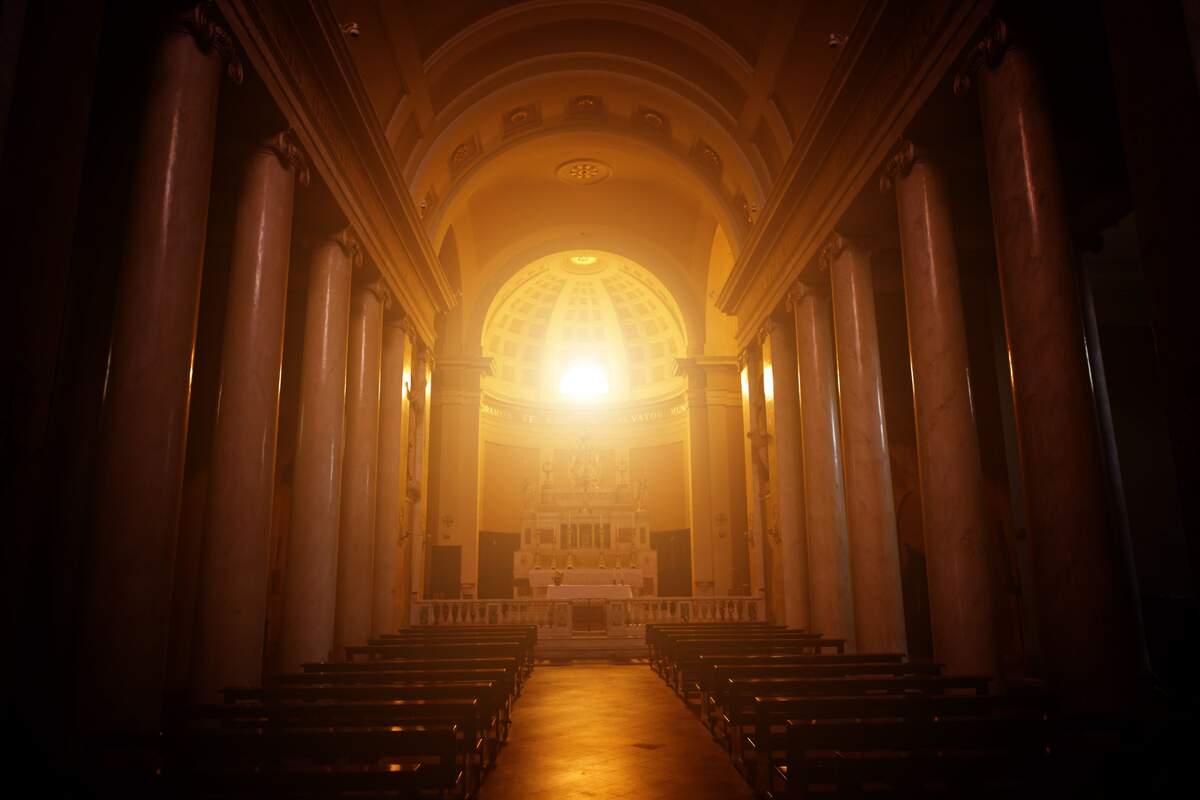
How is it possible for a Christian to worship Wicca?
Wiccan ceremonies are not set up with an absolute Deity(s) system. Instead, Wicca is set up so that any pantheon of Gods and Goddesses can be acknowledged. Wicca allows the practitioner to worship the male and female aspect of The All in an understandable and personal way regardless of any religious, ethnic, or spiritual background.
You may find that many books denote the male and female aspect of the Creator Spirit as merely the God and the Goddess. Wicca is best defined as a general worship format in which the practitioner supplies the Deity or Deities of their own belief system into this spiritual path.
Most Pagans tend to accept the fact that Jesus was a great teacher and healer. His parables and ideas were peaceful and filled with messages of love and goodwill for our fellow human beings. It is the distortion of Christ's teachings and the misuse of the power of Organized Christianity that bothers Moderns Pagans and eclectic Christians.
Christians who accept the Mother aspect of the Godhead share the bitterness of misogyny with Neo-Pagans and share the common distaste for the financial and political arena that modern religion represents.

Doesn't the Bible speak out against so-called “witches” and other forms of divination?
Perhaps, but only in the literal sense of the word, and literal, symbolic and figurative contexts of the Bible have always been it's point of controversy. However, if the words of the Bible have been thrown out of context due to the reality of passing through the hands of morally and ethically corrupt humans in position of power, then one's own personal research and conclusions is only means of gaining spiritual responsibility and peace of mind.
The most widely abused verse of the Bible against Wicca comes from Exodus 22:18: “Thou shalt not suffer the witch to live.” That sounds straightforward until you realize that the English word for witch is the Hebrew term "kasheph", most often translated as “a poisoner”. Researchers believe this use of the word came about during the King James administration when the royal family's paranoia ran high. They feared assassination from within due to poisoning and they relied on food and drink testers.
"Kasheph" also denotes the characteristics of a greedy, selfish, or immoral person. It often implies one who will do willful harm. In Exodus 22:18, it was an aggressive use bordering on assassination or indirectly calculated ways of murder. As words and phrases are prone to generational changes, vernacular use, or slang, one may feel this is the case here. It is for this very reason that Latin is used in legal and medical terminology; it is a dead language and is not subject to changes in phraseology.
Are there other Christianized Pagan and Catholic tie-ins that are still in practice?
Yes! Many of the 'traditions' in church and in the modern world are not those derived either from the Bible or from the letters of the early church fathers. Instead, they derive either in whole, or in part from Pagan rituals or from the secular rituals of Pagan cultures.
For example, the advent wreath is part Christian, part Pagan. The evergreen wreath, the use of candles and increasing numbers of them, and its circular shape are all derived from various Pagan solstice rites, but the current number of candles (four), their arrangement (a cross), and their colors (purple and white, and sometimes a lighter purple or pink one) derive from Christian symbolism. A Pagan solstice wreath would have candles in the elemental colors, or all one color, probably red, to symbolize the new birth of the sun.

There are two candles on the altar of Catholic Churches used for illumination; many realize this is a parallel to the God and Goddess candles of Pagan Altars. In addition, votive candles used during mass derive from Mithra worship. The candles represent the Sun. In almost every religion in the world observes a God and Goddess.
In other spiritual paths, equal male and female aspects of the Divine are revered because humankind is both male and female. Most equate God with the sun. It is for this reason that candles are usually the focal point of the Male aspect of God or the young Solar God, which is Jesus in Christianity.
